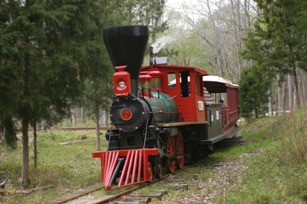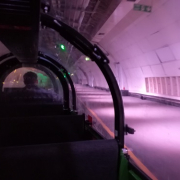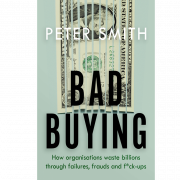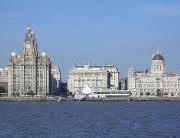HS2 Delayed – What a Surprise!!
So, the UK’s biggest case of Bad Buying for decades has hit the news again. The high-speed rail link (HS2) between London and “the north” is being delayed. The programme will slow down to spread the cost over a longer period. The line to Manchester will not open until at least 2043 and the new London terminal will also be delayed. So passengers travelling south will end their journey by being dumped in a siding near Willesden Junction*. Well, what a surprise.
The delays also kick the can down the road beyond the next election, so the government can continue making vague statements about levelling up and supporting growth in the north rather than just admitting they messed up. This is all stacking up to be a monumental waste of over £100 billion of our money.
I don’t claim amazing clairvoyant powers but since the beginning of the HS2 fiasco, I have predicted that it would cost far more than planned and would probably never be completed. I think it was on Twitter some years back that I got involved in an argument with a keen “train guy” who rubbished my claim that the eventual cost would be over £100 billion. And the business case was always dodgy – based on strange assumptions about how people use their time – but it became even more ridiculous once the working from home movement picked up steam during Covid. Back in September 2020 I wrote an article – here is an excerpt.
“Construction of the HS2 high-speed railway network in England started formally last week. Some will be cheering – not me. At a time when working patterns have been changed because of Covid, perhaps for ever, and everyone is getting used to Zoom, Teams and the like, it seems crazy to be building new rail capacity so businesspeople can go to meetings. Other possibilities such as autonomous road vehicles make also make this very much a 20th century option.
HS2 is basically a job creation scheme, but an incredibly expensive one. The projected cost was initially £1-36 billion, but we’re now looking at £106 billion, incredibly. The National Audit Office (NAO) report in January said this in summary. “In not fully and openly recognising the programme’s risks from the outset, the Department and HS2 Ltd have not adequately managed the risks to value for money”.
At the end of 2021, the eastern leg to Leeds got cancelled, and even the government had to admit that the business case was awful. As The Times said, “HS2 has long since ceased to be a project based on anything resembling a sound business case. The most recent business case published by the government, in June last year, awarded HS2 a benefit-cost ratio of 0.9. In simple terms, it will cost more to build than the advantages it bestows”.
Inflation is being quoted as one of the drivers for the delay – but ironically, delaying will only increase the cost further because of that very factor. It is only the sunk cost fallacy that drives even the London-Birmingham leg to completion, and the political embarrassment if it were halted, after not just the money squandered but the impact on the countryside and wildlife through the construction to date.
In the meantime, much of the north of England suffers from dreadful public transport. A fraction of the HS2 budget could have made a real difference to local train and bus services, improving for instance the trans-Pennine routes which have been in a state of virtual collapse in the last few years.
The Times called for a “brisk inquiry into who got the country into this mess. Politicians, senior civil servants and the executives who have ridden the HS2 gravy train should be called to account”. I’d also like to see a real analysis of why construction costs appear to be so much higher in the UK than elsewhere. There may be some genuine reasons – geographical, for instance – but I suspect there are other more addressable problems around the procurement process, risk appetite, the role of consultants and more. It would be good (but probably optimistic) to think that something could be learnt out of this disaster.
* Joke. Well, I think it is…









I think that the construction costs are so expensive are in part because of risk transfer – the builder has to provide a warranty for the work for a good few years, so as a result its being over-engineered. Maybe that will work out better over the lifecycle with reduced maintenance work needed?